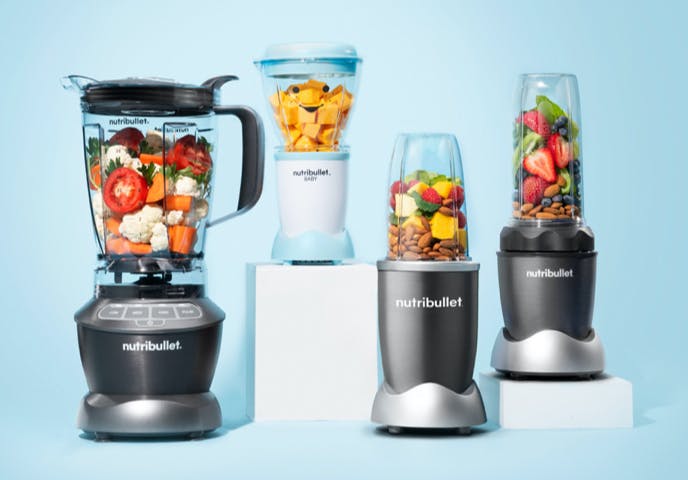What Is Gout?
Gout is a common inflammatory condition in which the build-up of uric acid causes arthritis and the associated redness, swelling, and pain in joints. Frequently presenting itself alongside other conditions, such as obesity, diabetes, renal disease, or hypertension, the incidence of gout has more than doubled over the past 20 years, according to a 2017 study published in The Journal of Rheumatology.
Millions of Americans are affected by gout each year. However, there are dietary changes and healthy lifestyle habits you can adopt to help you prevent gout and its symptoms.
Foods to Limit
Research has shown that excessive intake of meat, seafood, sugar-sweetened beverages, and alcohol increases the risk of gout. These foods are typically high in purines, or organic compounds that break down into uric acid.
Foods to Eat
Foods that are generally safe to eat among individuals with gout are low-fat dairy, fruits, and vegetables, as well as complex carbohydrates such as whole grains, beans, and legumes. In fact, low-fat dairy products, vitamin C often found in fruits and vegetables, and coffee have all shown to have protective effects against gout. Excellent sources of vitamin C include grapefruit, oranges, strawberries, bell peppers, broccoli, and spinach.
Additional Healthy Habits
Staying adequately hydrated, eating balanced meals throughout the day, and engaging in daily physical activity are important habits for both the management of gout and for overall health.
Gout-Friendly Recipes to Try
Avocado Celery Cleanse – Loaded with some of the best green veggies and fruits nature has to offer, this cleansing green smoothie will help you feel refreshed.
Frozen Blueberry Lemonade – This is not your average lemonade. With a blend of blueberries, citrus fruits, and mint, this smoothie contains healthy doses of vitamin C and antioxidants.
Ginger Spinach Berry Booster – Treat your taste buds to a berry smoothie that's filled with antioxidants and anti-inflammatory ingredients like ginger and turmeric.
As with all medical conditions, it’s best to consult with your healthcare provider before making any dietary changes. We encourage you to meet with a registered dietitian for personalized nutrition care.














